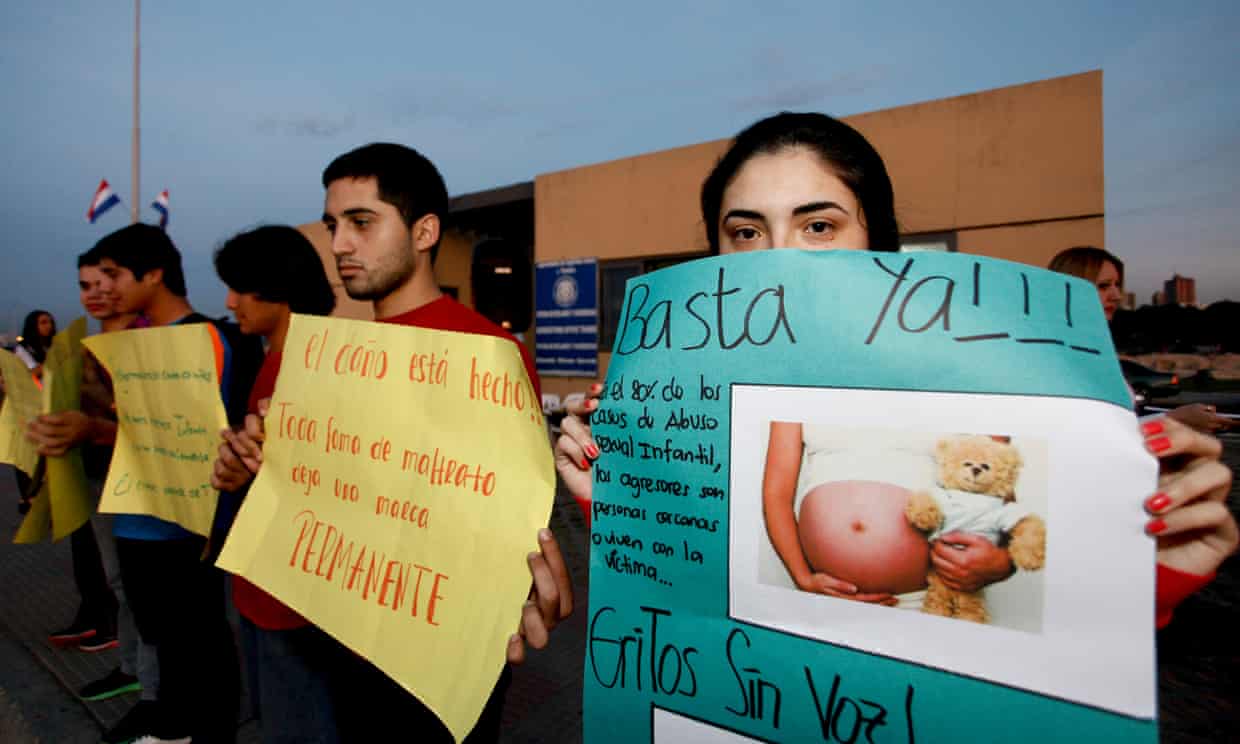By: Sarah Purtill
Impunity Watch Reporter, North America
CALIFORNIA, USA – A local news station was contacted by the Hess family over their concern for their father’s recent marriage. James Donald Hess, Don lost his second wife in February of 2016. The family says Don became depressed and lonely. At that time, his health was also steadily declining. The family filed petition in probate court alleging Don’s new wife was “physically and verbally abusing him, and asserting undue influence over him.”
Nicky Shepard, now Hess, had been married five times before she married Don. According to Don’s Daughter-in-law Dede, Nicky had been recently married when she met and began caring for Don. The family’s petition in probate court stated that Nicky had convinced Don to marry her after just a few months. Nicky and Don were married October 14, 2017, two weeks after Nicky’s previous divorce had been finalized.
“I think of her as a shark that smelled the blood in the water,” Dede Hess said. The family alleges in the petition that after the marriage, Nicky had convinced Don to “withdraw large sums of money from his investment accounts” and that she “forged [ his] name on documents.” The family also believes that Nicky put Don in “extreme” danger by withholding medication from him or giving him too much medication.
The news station the family brought their concerns to learned that Don is now in the hospital. The family informed them that Don’s heart had stopped for several minutes, he had renal failure and he had pneumonia. “I would love to see some justice on behalf of my father-in-law, especially if he’s ill,” Dede Hess said.
The family went to court in mid-March where the judge recognized that both sides had a difference in opinion when it came to this case. Judge Julia Kelety said “I know that you have very different views about whether this is on one hand, a recent marriage of an elderly person to his caregiver and the vulnerability that that can present and the possibility of financial abuse versus, on the other hand, a person who is engaging in his right in his older years to find love and get married.”
The family seeks to have Don removed from a trust that was created last year. Don’s children do not believe he was competent at that time. Nicky told the news station, “All I need is love. I don’t even think about his money. His kids did not approve our marriage.”
Don’s lawyer denied the abuse and instead said, the “children were more concerned about their inheritance than his happiness.” Don is 86 and Nicky is 64.
The Judge decided to suspend Nicky as successor trustee until another court appearance scheduled for April 5th. “I don’t want this to happen to anybody else,” Dede Hess said.
This is not an isolated case. Elder abuse is often unreported according to the National Council on Aging. According to a 2015 study, this kind of fraud and abuse can collectively cost America’s elderly $36.5 billion a year.
For more information, please see:
ABC 10 News – Family Questions Elderly Father’s Marriage to Caregiver – 30 March 2018
Forbes – 5 Ways to Spot and Stop Elder Financial Abuse – 30 March 2018
WTVA – Family Questions Elderly Father’s Marriage to Caregiver – 30 March 2018



